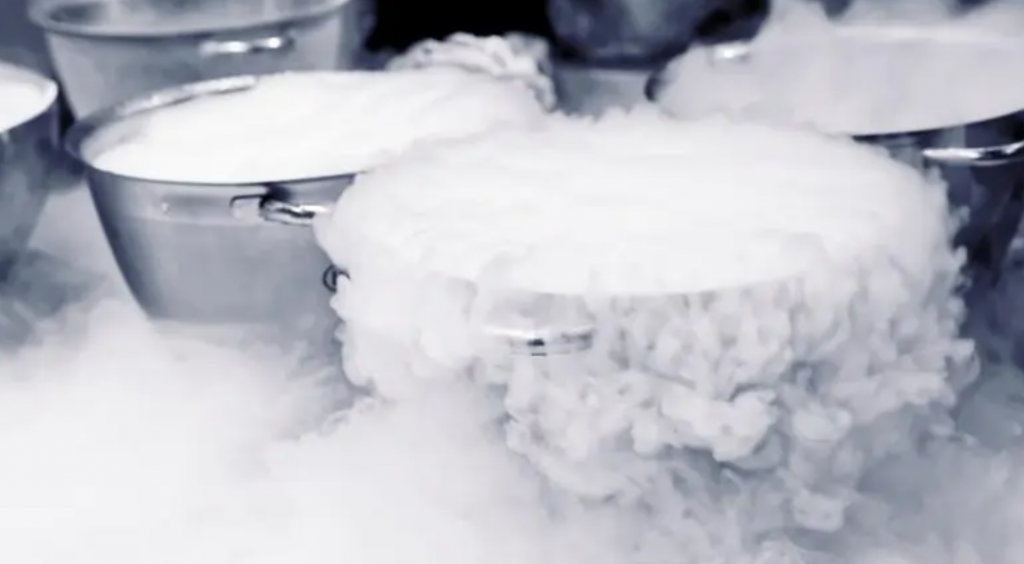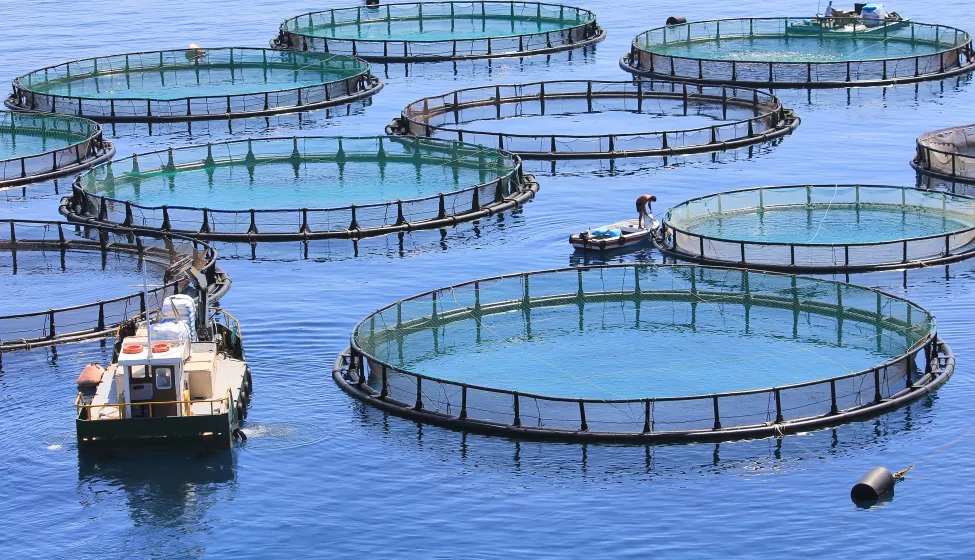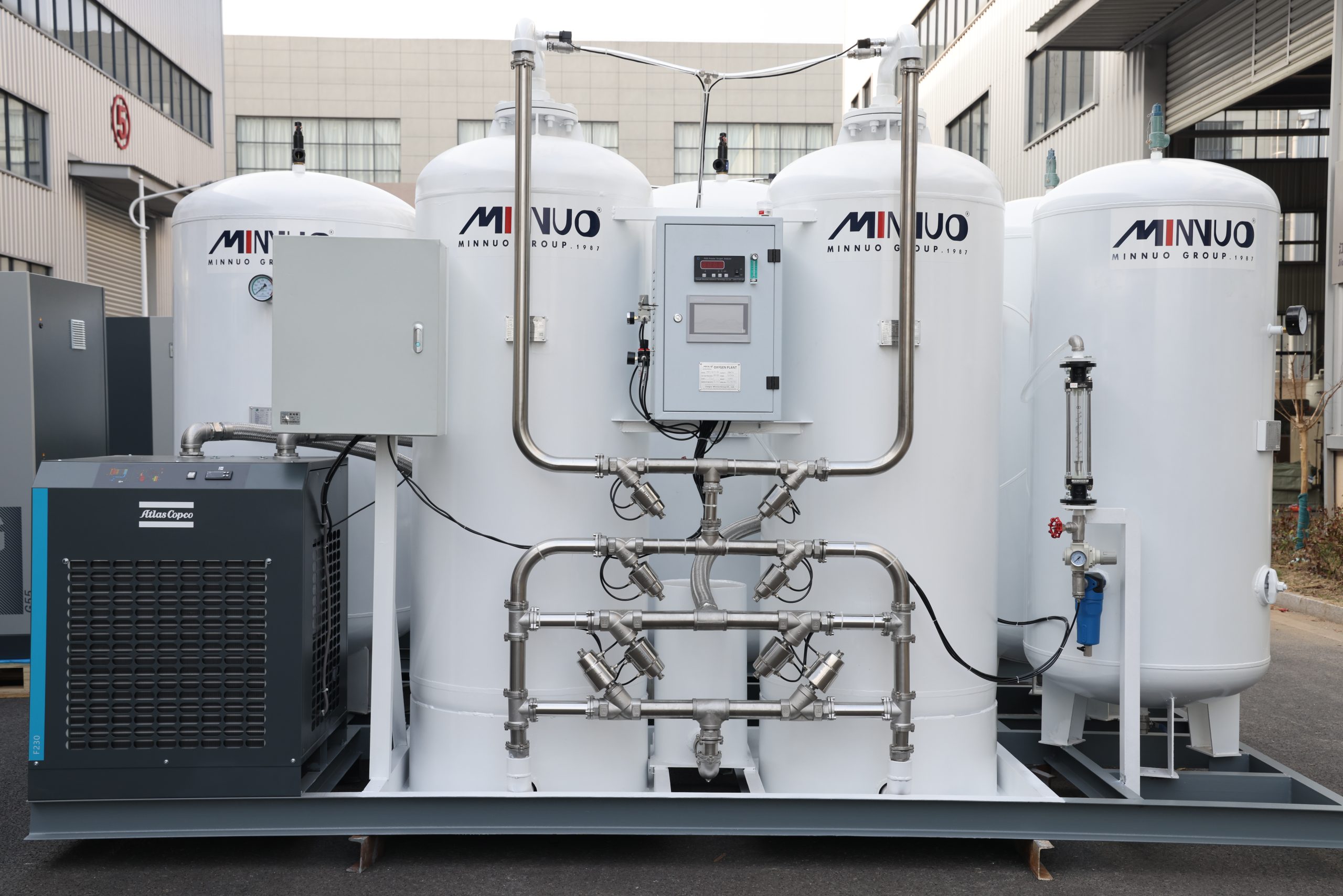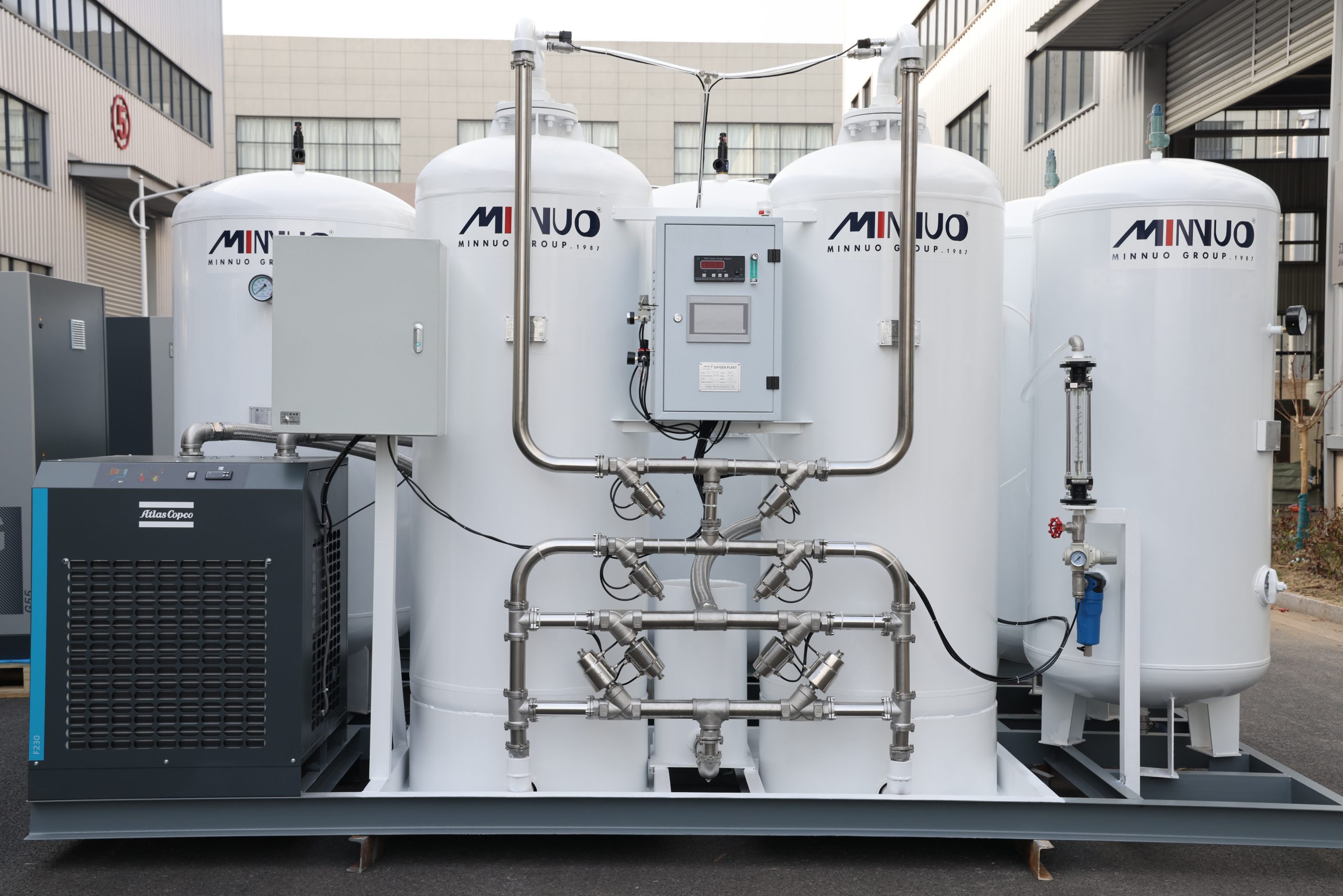Nitrogen plays a crucial role in various applications. In agriculture, nitrogen supports crop growth by providing essential nutrients. Efficient nitrogen use reduces costs and enhances soil health. In industry, nitrogen increases safety and process efficiency. Nitrogen’s properties, such as being colorless and odorless, make it ideal for many uses.
Cold air significantly affects nitrogen by slowing down its molecular movement, leading to increased density and potential changes in reactivity. In industrial applications, cold temperatures can enhance nitrogen’s efficiency in cryogenic processes, where it is used for cooling, freezing, and preserving. Understanding these effects is crucial for optimizing nitrogen’s use in various fields, including food preservation, scientific research, and manufacturing.
Understanding nitrogen behavior in cold air is vital. Cold air affects nitrogen’s solubility and availability. This knowledge helps optimize nitrogen use in different conditions. Proper management ensures nitrogen remains effective, even in winter.
Effects of Cold Air on Nitrogen
Impact on Nitrogen Use and Availability
Changes in nitrogen solubility
Cold air affects the solubility of nitrogen. Lower temperatures cause nitrogen to dissolve less in water. This change impacts various applications. For example, nitrogen dissolved in water becomes less available for plants. This reduction can affect plant growth and health. Cold air also influences nitrogen’s behavior in industrial processes. Solubility changes can alter efficiency and safety.
Effects on nitrogen absorption by plants
Cold air impacts how plants absorb nitrogen. Plants rely on nitrogen for growth and development. Cold temperatures slow down plant metabolism. This slowdown reduces nitrogen uptake. Farmers need to adjust their practices in cold weather. Proper management ensures plants receive enough nitrogen. Efficient nitrogen use supports healthy crops even in winter.
Influence on the Nitrogen Cycle
Alterations in nitrogen fixation
Cold air affects nitrogen fixation. This process converts atmospheric nitrogen into a usable form for plants. Cold temperatures slow down nitrogen-fixing bacteria. These bacteria play a crucial role in the nitrogen cycle. Reduced activity leads to less nitrogen available for plants. Farmers must consider these changes. Adjustments help maintain soil fertility.
Disruptions in nitrogen mineralization
Cold air disrupts nitrogen mineralization. This process involves breaking down organic matter into inorganic nitrogen. Cold temperatures slow down microbial activity. This slowdown affects nitrogen availability in soil. Farmers face challenges in maintaining soil health. Understanding these disruptions helps optimize nitrogen management. Proper strategies ensure efficient nitrogen use.
Microbial Processes
Nitrification in cold conditions
Cold air challenges nitrification. This process converts ammonia into nitrate. Microbial populations drive nitrification. Cold temperatures reduce microbial activity. This reduction slows down nitrification rates. Farmers need to monitor soil conditions. Efficient nitrification supports plant growth. Proper management ensures effective nitrogen use.
Denitrification challenges
Cold air presents denitrification challenges. This process converts nitrate into nitrogen gas. Denitrification reduces nitrogen loss from soil. Cold temperatures affect denitrifying bacteria. These bacteria become less active in cold conditions. Farmers must address these challenges. Effective strategies prevent nitrogen loss. Proper management supports sustainable agriculture.

Specific Scenarios
Impact on Agriculture
Cold air effects on soil nitrogen
Cold air impacts soil nitrogen in significant ways. Low temperatures slow down the nitrogen cycle. Microbial activity decreases in cold conditions. This reduction affects nitrogen mineralization. Farmers face challenges in maintaining soil fertility. Cold air can lead to nitrogen losses through leaching. Freezing and thawing cycles contribute to this loss. Farmers must monitor soil conditions closely. Proper management ensures efficient nitrogen use.
Implications for crop yield
Cold air influences crop yield significantly. Plants require nitrogen for growth and development. Cold temperatures reduce nitrogen uptake by plants. Slower metabolism affects plant health. Farmers need to adjust fertilization practices. Timely application of nitrogen supports crop yield. Cold air can delay planting and harvesting. Farmers must plan accordingly to optimize yield. Efficient nitrogen use ensures healthy crops.
Nitrogen-Filled Tires
Performance in cold temperatures
Nitrogen-filled tires perform differently in cold temperatures. Nitrogen gas remains more stable than regular air. Temperature changes affect tire pressure less with nitrogen. This stability improves vehicle performance. Drivers experience better handling and fuel efficiency. Cold air still causes some pressure loss. Regular checks ensure optimal tire performance. Proper maintenance enhances safety on the road.
Safety considerations
Safety considerations arise with nitrogen-filled tires in cold weather. Stable pressure reduces the risk of blowouts. Drivers benefit from consistent tire performance. Cold air can still impact tire pressure. Regular monitoring is essential for safety. Nitrogen reduces moisture inside tires. Less moisture prevents rust and corrosion. Proper care extends tire lifespan. Safe driving relies on well-maintained tires.
Maintenance of Nitrogen Generators in Cold Air
Maintaining the proper operation of nitrogen generators in cold air is a critical task, especially when using these units in cold environments.
1. Keeping the Generator Cozy
Imagine your nitrogen generator as a finely-tuned athlete; it performs best when it’s warm and ready. Cold weather can thicken the oils and fluids inside, slowing everything down like molasses in winter. To keep it in top form, ensure its temperature control systems are up to the task, and treat it to low-temperature lubricants that won’t stiffen up when the mercury drops.
2. Frost Protection
Think of the pipes and valves in your generator as the lifelines of the system. When cold air grips them, they can freeze up like a frozen river, potentially leading to blockages or even damage. To prevent this chilly scenario, consider wrapping them in heating tape or running an antifreeze loop. Regular check-ups will ensure these protective measures are doing their job, keeping everything flowing smoothly.
3. Seal the Gaps
Seals are like the unsung heroes of your nitrogen generator, keeping everything airtight and efficient. But when the cold sets in, they can shrink and let precious nitrogen slip away. Regularly inspect these seals, especially around connections and valves. If you spot a leak, it’s time to swap out those seals and run a pressure test to confirm everything’s tight as a drum.
4. Caring for the Electrical System
Your generator’s electrical system is a bit like its nervous system, sending signals and powering vital components. Cold weather can make wires brittle and connections loose, which is the last thing you need. Regularly check the wires for cracks or wear and make sure connectors are snug. Also, ensure that control panels and sensors are operating within their temperature comfort zone so they don’t get sluggish in the cold.
5. Draining and Moisture Control
Cold weather can lead to condensation inside your generator, which is like letting a drip of water into a finely tuned watch—trouble. To keep things running smoothly, make sure to regularly drain any accumulated moisture and check that the drainage system is clear. You might also consider adding a humidifier or dehumidifier to keep the surrounding environment just right.
6. Training the Team
Your nitrogen generator is only as good as the team that operates it. Equip them with the know-how to handle cold weather challenges, from proper start-up and shut-down procedures to emergency troubleshooting. Regular training ensures they can spot potential issues before they become problems, keeping your generator running smoothly no matter how cold it gets.
Cold air impacts nitrogen’s behavior in various ways. You must manage nitrogen effectively in cold conditions. If you have any problems in managing your nitrogen and nitrogen generator, please contact professionals urgently to help you solve the problem, if you need, you can contact minnuo, a professional manufacturer of nitrogen generator with professional nitrogen generator engineers who can provide you with professional support!






 sales2:+86 17506119168
sales2:+86 17506119168

